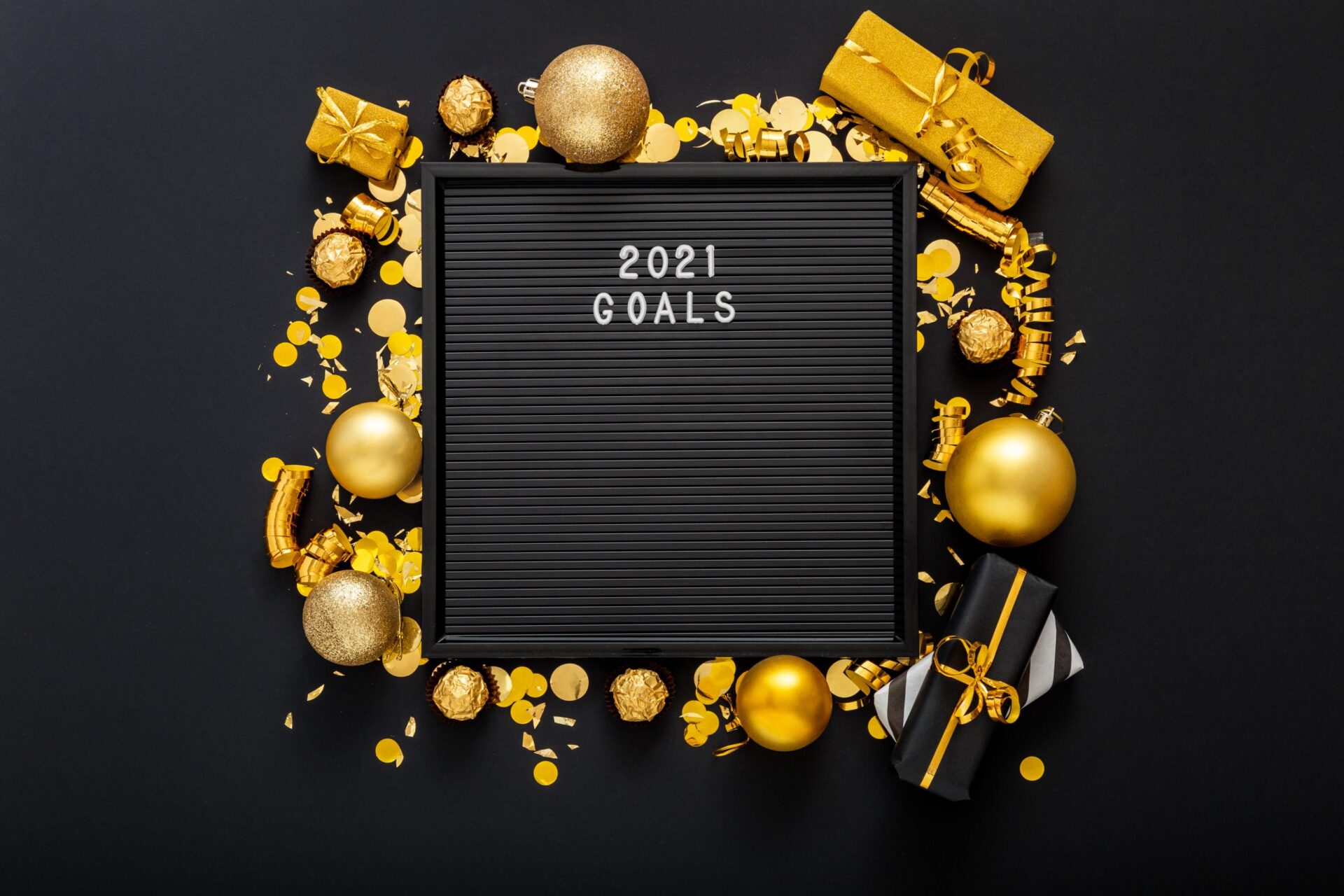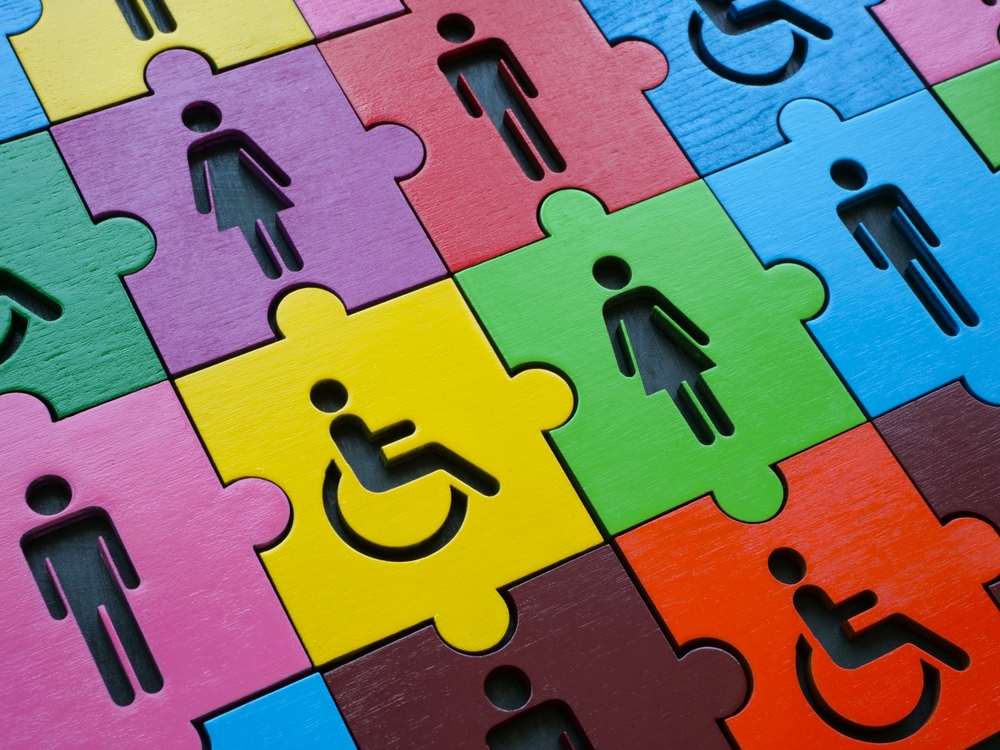It’s that time of year again when we are bombarded by adverts on TV and Social Media platforms – “New Year, New You!” “Become the person you’ve always wanted to be!” “This is your year!”. All in an attempt to challenge us to make New Year resolutions.
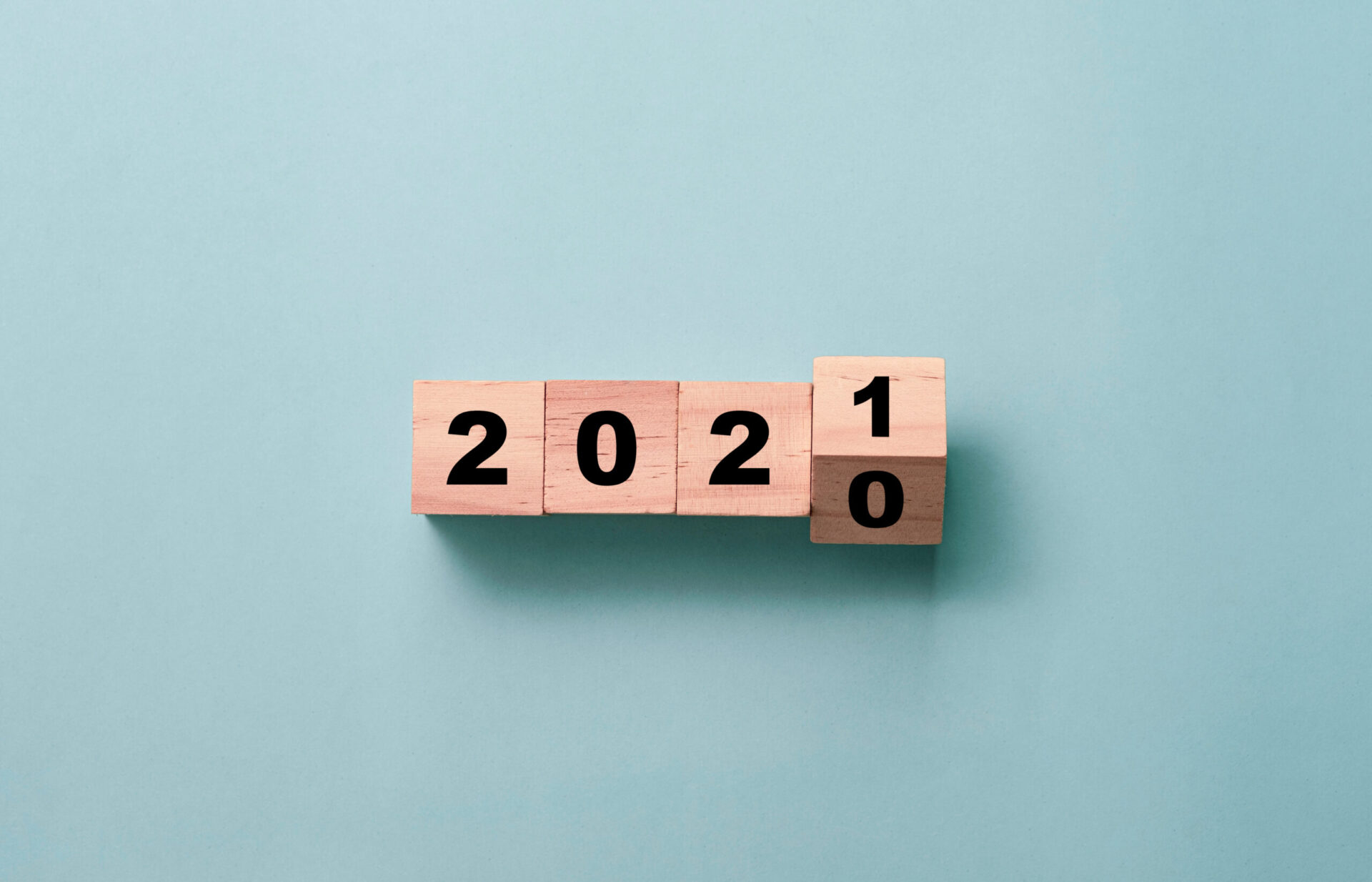
The concept of January resolutions is not new. History points to the likely origins of this ritual so many of us engage in. The ancient Babylonians were said to honour the new year and offer sacrifices to their Gods for a great harvest. In Ancient Rome, after Julius Caesar established 1 January as the beginning of a new year in 46 BC, many believed that they needed to promise good conduct to the God Janus in order to thrive in the year ahead. Early Christians also believed in the power of a new year, choosing to mark it as the traditional time for thinking on one’s mistakes and resolving to do better in the future.
History aside, most of us have found out the hard way that these New Year resolutions rarely work. How many of us have resolved to perhaps go the gym more, increase our daily step count, focus on cutting out junk food to eat more healthily? We start out full of confidence, self-belief, will power and commitment only for our efforts to last until mid-February when old habits are reformed. There are any number of reasons why a significant number of us don’t sustain these new habits. According to James Clear, author of ‘Atomic Habits’, it takes between two to eight months to truly create a new behaviour or habit and it’s hard work. Is it surprising therefore that we hardly ever sustain our resolutions long enough for them to embed and become part of our routine?
I wonder if perhaps we are the same when it comes to our Personal Development Goals at work? Traditionally we think about these at the start of a new reporting year, setting our sights on ways to improve our performance or behaviour, learn a new skill or gain more knowledge on a particular subject. Many of us will confidently embark on these goals at the start of the reporting year but as we become focussed on our day-to-day activities it becomes easy to slip back into old habits in the desire to “get things done”. Personal development can feel like a luxury, especially during busy periods at work or in the midst of a crisis such as the COVID 19 pandemic. But often a crisis presents us with real time opportunities to learn and try new ways of doing things, sometimes because there is no other choice and the old ways simply won’t work or are no longer sustainable. You may have heard the adage “you learn something new every day”. This is very true so even when you are not consciously working on your development goals you will be learning in a more informal way through your interactions with others and your everyday work.
So how do we give ourselves the best chance of achieving what we set out to? Here are my top tips for setting and achieving your personal development goals in 2021.
Be Realistic – if you want to check how realistic your goals are, write them down. Unrealistic goals really stand out when you see them written in black and white. There is a fine balance between stretching goals that are challenging and stimulating and goals that are unachievable. To keep motivated we need to ensure we are setting ourselves up for success by really thinking through what is possible.
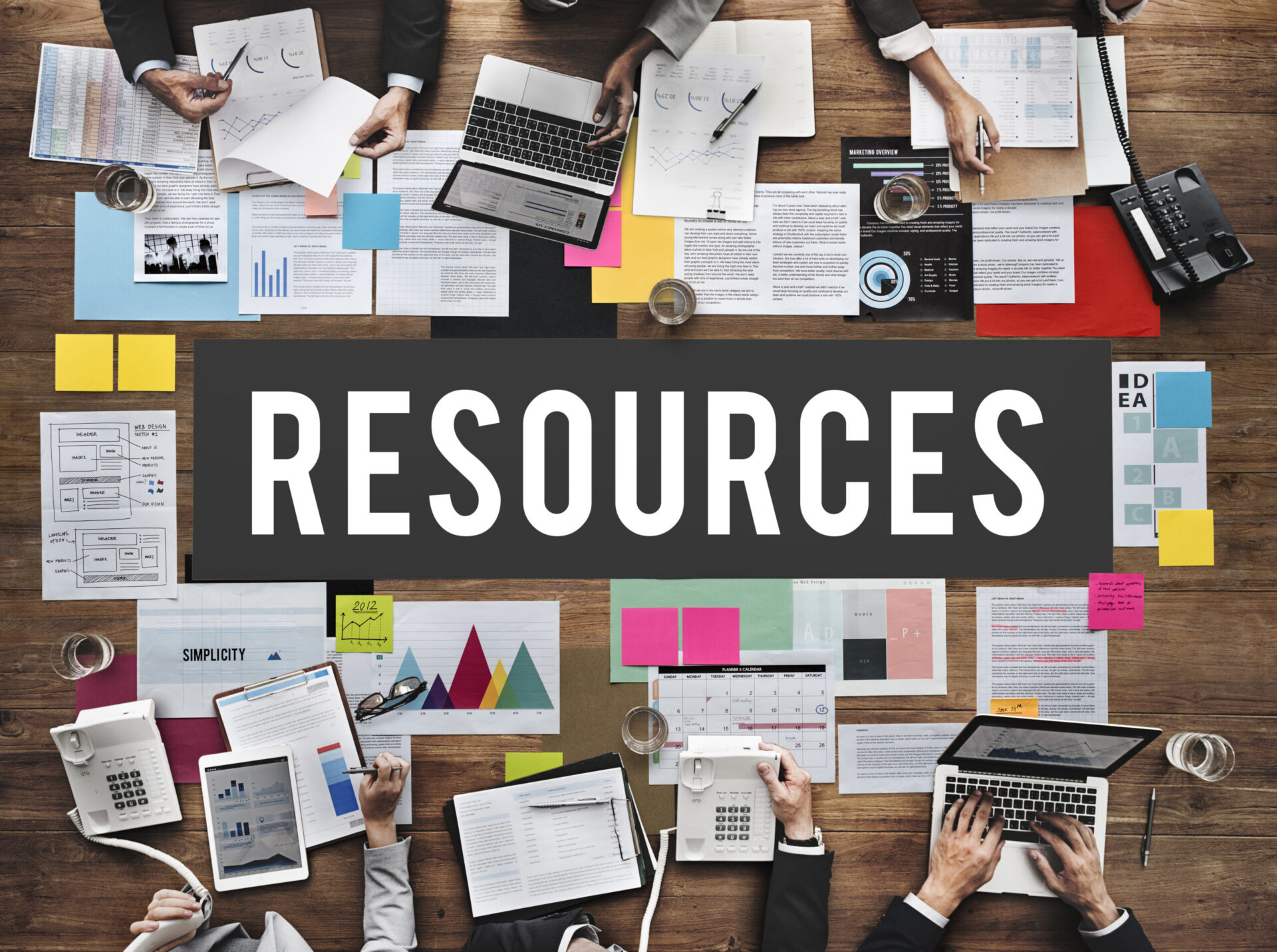
Think Resources – what do you need to succeed? Before you begin, give some thought to gathering the resources that you need whether that be help from specific individuals (mentors, coaches), books, access to online materials etc. If your goal involves learning on the job, ensure you have the empowerment and authority you need to achieve your goal.
Pace yourself – start easy. Treat your personal goals as a marathon, not a sprint. Very often we don’t break down our goals into manageable chunks and quickly feel overwhelmed by the size of our ambition. Think of it as a block of cheese that we need to cut into bitesize chunks that are easy to chew!

Set aside time – this is a specific resource that it is key to success. Be sure to ring fence or protect the time that you need to achieve your personal goal. It is very easy to get caught up in the urgency of the day-to-day tasks in front of us and to procrastinate over development, which very rarely feels urgent but is important. Remember that both you and your organisation will benefit from your development, so it is time well spent.
Success is motivating – Celebrate your achievements every step of the way. By small chunking your goals you have regular opportunities for positive reinforcement and ongoing motivation through your sense of achievement.
Be Flexible – remember that setting a goal at the start of the year doesn’t mean you need to stick with it. If COVID 19 has taught us anything, it is the need to be truly flexible. Goals may become irrelevant over time or not a priority as circumstances change. So long as you have ongoing development goals to be working on you can move, re-set and change them as the need arises.
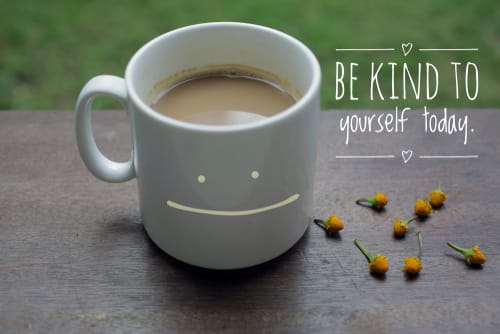
Be kind to yourself – there will always be obstacles to our learning and occasions where, despite our best efforts we do not achieve what we set out to. Our first learning ought to be that it is ok to fail and in that failure is more learning. Take time when things don’t go as planned to pause, reflect, and then regroup for the next stage.

